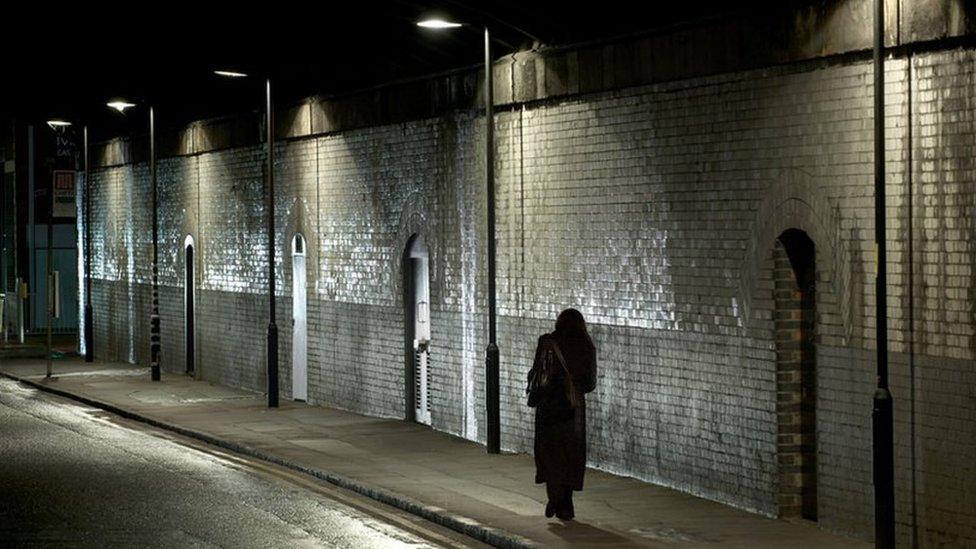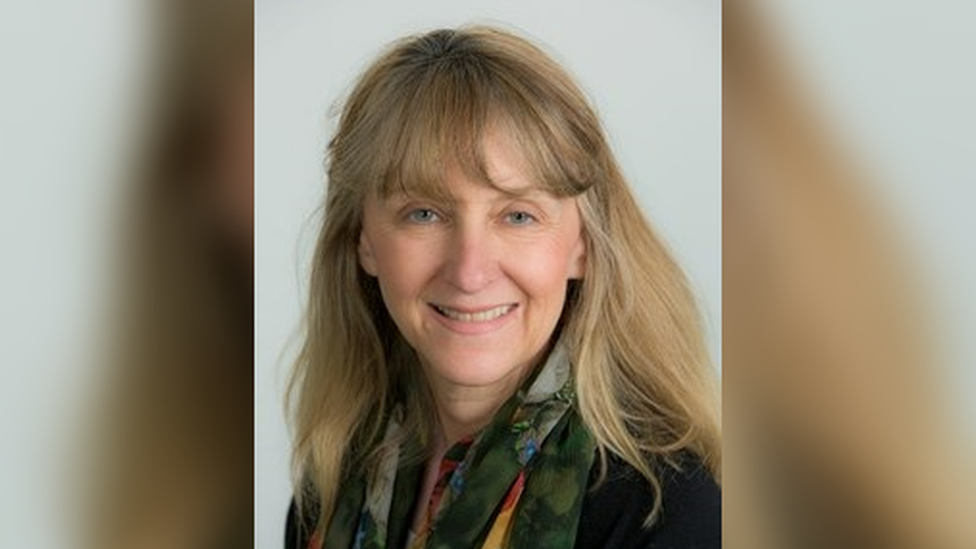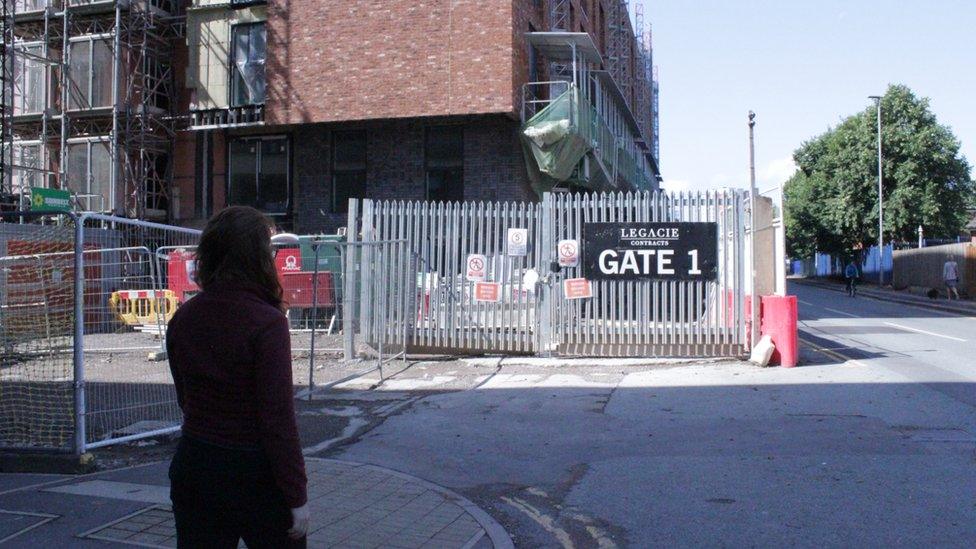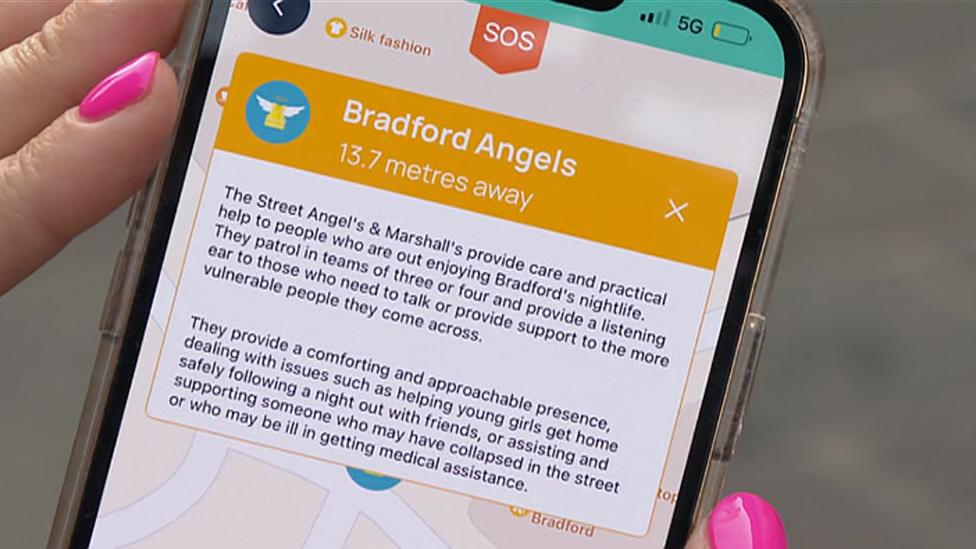Reading drink-spiking rise highlights women's safety in town
- Published

The move will ensure women's safety is considered when future decisions are made about Reading's night-time economy
Women's late-night safety has been made a top priority following an increase in reports of drink-spiking, a council has said.
The safety of visitors, residents and those who work in Reading at night needs further work, according to the local authority.
It added there was also an increased demand for welfare and police services.
The council has included a section on safeguarding women in the town's newest licensing policy.
It said it aimed to follow the Night-Time Industry Association (NTIA) guide for dealing with spiking and having a duty of care for customers.
Part of this would include delivering training sessions to those who work at pubs, clubs and bars to help employees identify vulnerability and provide appropriate help.

Councillor Karen Rowland believes the new policy on protecting women can make a difference
It would also look at recruiting street pastors and licensed door supervisors that patrol the town during the evening.
Peak times - such as weekends, Christmas and New Year - would be covered by the First Stop service which would offer medical support.
A Safe Hub has already been planned for the town centre, which will run community safety campaigns and promote safe routes home.
But the council said businesses were also expected to develop their own harm-reduction policies, particularly at premises where incidents of physical and sexual violence were frequently reported.
Councillor Karen Rowland, community safety lead, said: "The rise in instances of spiked drinks or welfare calls to police is by no means unique to Reading, but by putting in place new policies locally and working with partners we can make a difference... and look to reverse that increase."
If approved, Reading's new licensing policy will come into force on 22 October.

Follow BBC South on Facebook, external, Twitter, external, or Instagram, external. Send your story ideas to south.newsonline@bbc.co.uk, external.
- Published17 July 2023

- Published30 May 2023

- Published1 September 2023
